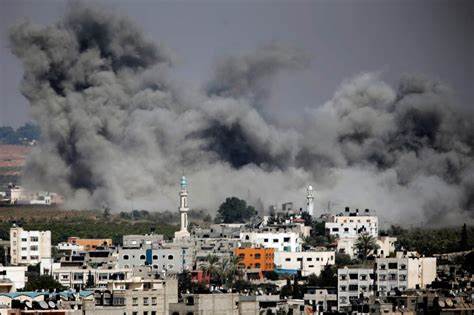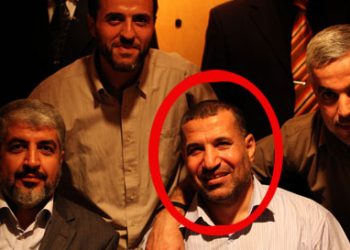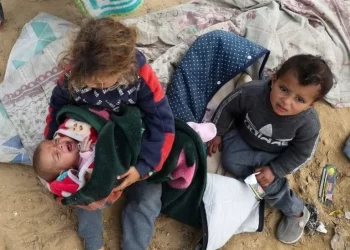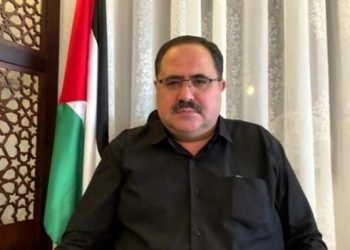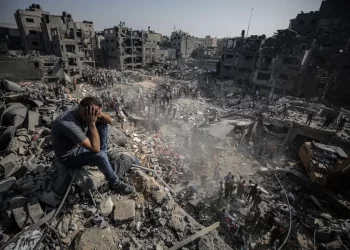The temporary ceasefire, which began on Friday, was due to expire after four waves of hostage releases – but will now be extended, mediators say.
The truce between Israel and Hamas is to be extended by two days, according to Hamas and mediator state Qatar.
Israeli Prime Minister Benjamin Netanyahu had initially agreed to a four-day cease in fighting to allow for the release of the Israeli hostages held by Hamas, in exchange for increased aid supplies and the release of Palestinian prisoners.
The temporary ceasefire, which began on Friday, was due to expire on Tuesday morning after four waves of hostage releases – but will now be extended for a further 48 hours.
A spokesperson for the ministry of affairs in Qatar, which has functioned as a key go-between between Hamas and Israel, said on Monday: “The State of Qatar announces, as part of the ongoing mediation, an agreement has been reached to extend the humanitarian truce for an additional two days in the Gaza Strip.”
Hamas also said that it has agreed to extend the truce for two days “under the same conditions reached before”.
Israel was yet to confirm the extension, however.
The international community, including US president Joe Biden, had been pushing for the ceasefire to be extended even further, with previous reports that a ten-day ceasefire could be on the table.
Mr Netanyahu has insisted the ceasefire does not mean the end of the war in Gaza, vowing to proceed with his plan to “eliminate” Hamas and stressing that Israeli forces have been using the pause to prepare for the next round of fighting.
Around 63 Israeli, dual national and foreign citizens have been released so far, while 117 Palestinians have been freed from Israeli jails. Up to 11 more Israelis and 33 more Palestinians were expected to be released on Monday.
Nearly all of those released by Hamas are women and children kidnapped on 7 October, while around half of those released by Israel after being arrested for various offences are under 18.
Hostages released under the deal so far include Abigail Edan, four, who was orphaned and taken captive when Hamas fighters attacked her family home at the Kfar Azza kibbutz.
Abigail, an American-Israeli dual national who witnessed the murder of both of her parents, was pictured smiling after being reunited with her aunt Liron and uncle Zuli at a medical center in Israel on Monday, having spent seven weeks in captivity in Gaza.
An estimated 1,200 people were killed and more than 200 were taken hostage when Hamas launched its surprise 7 October attack on Israel, the deadliest mass killing of Jews since the Holocaust. Israel has since waged a military campaign in Gaza with the objective of eliminating Hamas, who have controlled the region since 2006.
The Hamas-controlled health ministry in Gaza says that at least 14,854 people have died in Israel’s bombing campaign and ground offensive in the Gaza Strip, a densely-populated strip of land home to two million people.
International NGOs have warned that the conflict and ongoing blockade has pushed the situation in Gaza into a major humanitarian crisis, with most hospitals no longer functioning and major shortages of food, fuel and drinking water.
International mediators have played a key role in securing some minor agreements, including the reopening of Gaza’s border crossing with Egypt to allow foreign citizens to leave Gaza and to allow aid to enter. Palestinians are not permitted to leave Gaza, however, leaving them effectively trapped with no way out.






